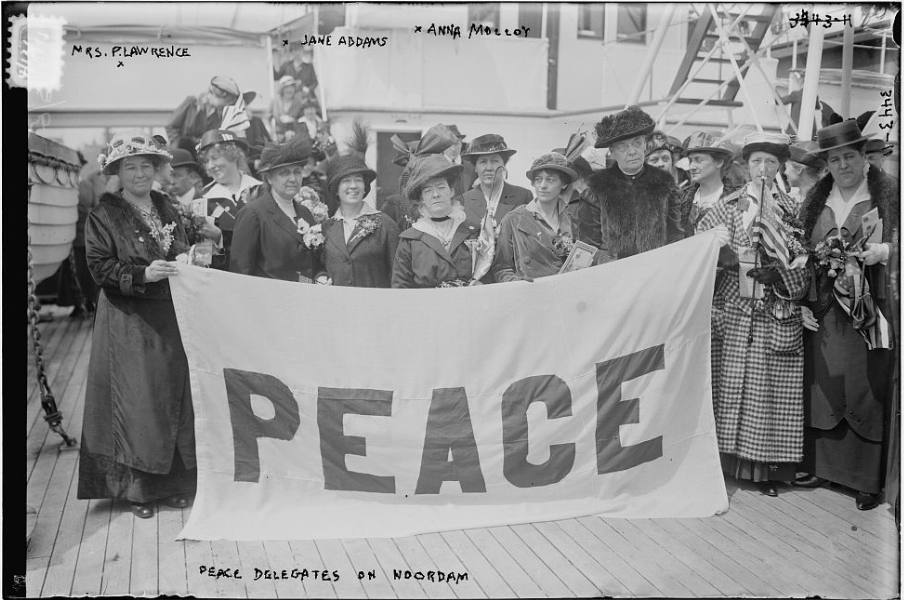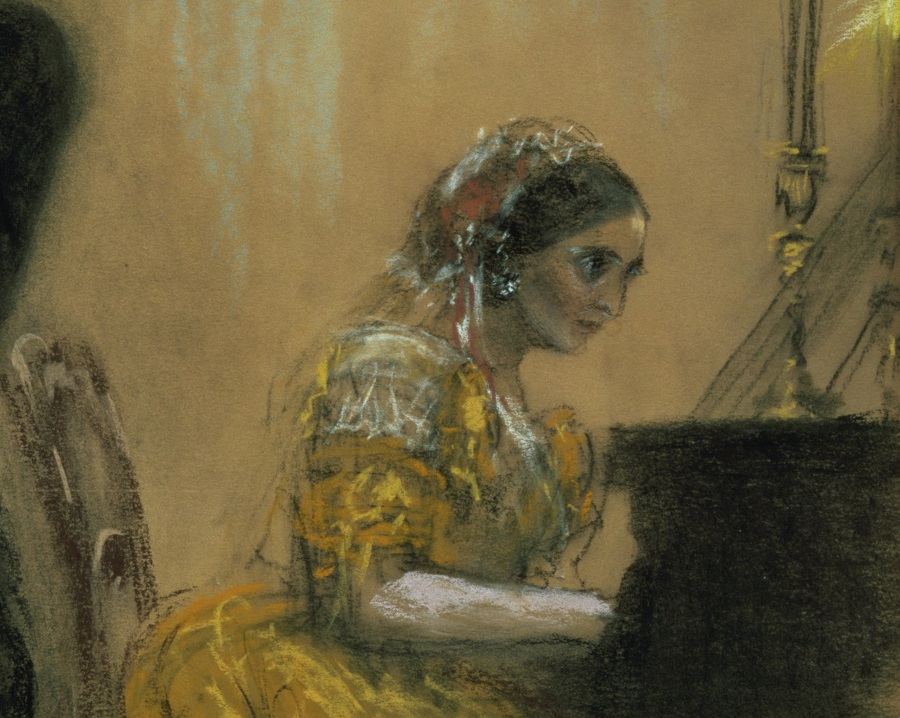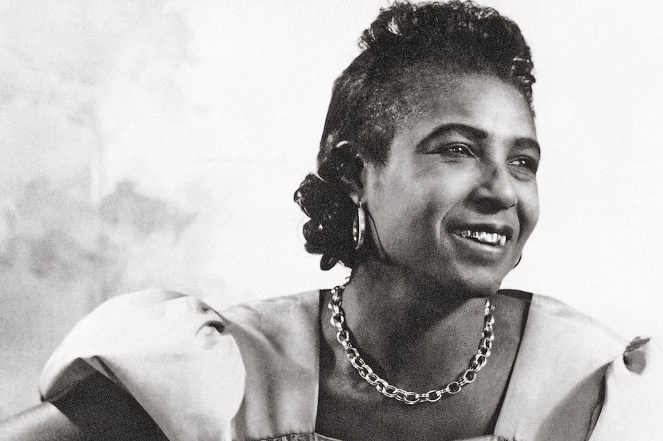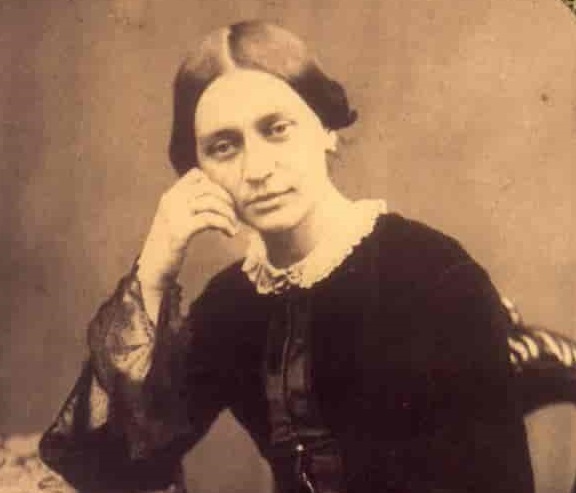
China Nights: Li Xianglan and Japanese Propaganda Films
In the Japanese-Chinese film Eternity (1943), Yoshiko Yamaguchi sang two songs that made her a star in China. But the film backfired.
There is no historical or geographical limit on what can be covered. There is no restriction on the style or genre of song or singing.



In the Japanese-Chinese film Eternity (1943), Yoshiko Yamaguchi sang two songs that made her a star in China. But the film backfired.

Did nuns in Medieval Europe sing anything other than chants and sacred songs? Mary Caldwell discusses one example, a song performed during the Christmas season.

Alexander Stefaniak explores how Clara Schumann’s Lieder – both in her performances and in her publications – supported her work as a celebrated concert pianist.

Simon Morrison examines the career of the iconic Soviet and Russian singer Alla Pugacheva, who just publicly opposed the Ukraine war.

In this concluding post, Julia Simon reads Memphis Minnie’s lyrics and probes why she is, seemingly, a self-consciously anomalous figure in the history of the blues.



Five friends return to discuss interpreting and programming Schumann’s Lieder, and to suggest that they encourage us to listen to songs in new ways.


Alexandra Apolloni tracks the turns of California-born P. P. Arnold’s British career, from a collaborator sought after for her remarkable voice to overlooked soloist to survivor.



Joe Davies organized this colloquy with Harald Krebs, Stephen Rodgers, Susan Wollenberg, and Susan Youens on the expressive worlds of Clara Schumann’s songs.



In this first of two posts, Julia Simon examines the unheralded achievements, images, and wide-ranging guitar techniques of Memphis Minnie (Lizzie Douglas).


Joy H. Calico confronts the musical and – in our pandemic times – the emotional implications of breathing and gasping in recent compositions, focusing on Chaya Czernowin.